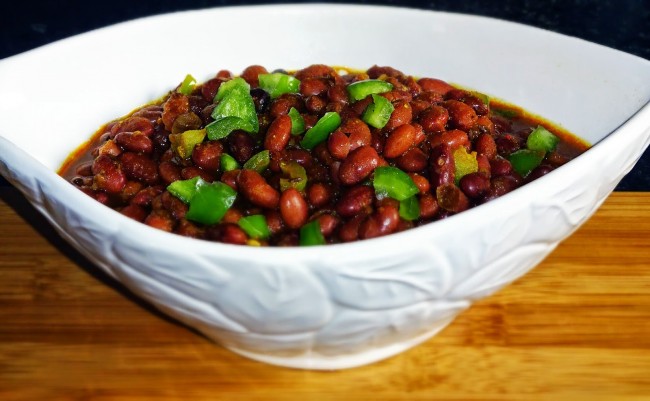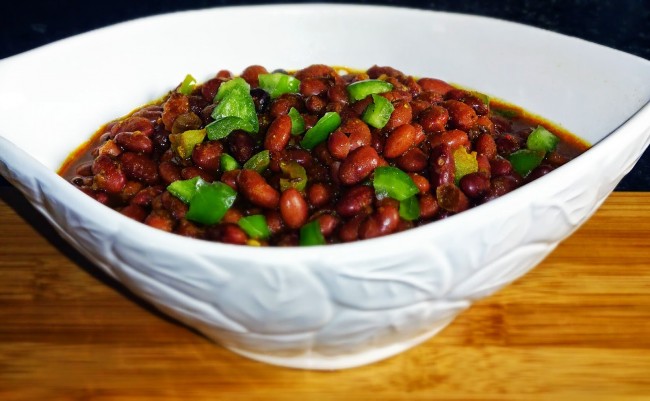BY DR. PANCHAJANYA PAUL, MD*
A big number of Indians are vegetarians. As the Indian diaspora has spread around the globe, many have carried their culture including vegetarianism with them. Atlanta has a large Indian vegetarian population. We see vegetarian restaurants and grocery stores all around greater Atlanta. Many Hindus, Buddhists and Jains eat vegetarian food which includes all plant based food, along with milk and honey, and devoid of any meat, fish or eggs.
Traditional diets all over the world are built around ingredients which are local and readily available. In the beginning all human were hunters and gatherers. People foraged wild fruits, berries and meat of wild animals. The Last Ice Age, also called the Last Glacial Maximum ended around 11,000 years ago. As the glacial ice retreated to the polar caps, this opened up vast acres of land for grains to flourish. The domestication of grains heralded agriculture around 10,000 years ago in the Fertile Crescent (presently Iraq,Syria,Lebanon,Jordan,Israel, and Palestine,Egypt). From there, agriculture traveled westwards to Europe and eastwards to India around 9000 years ago. It was around that time that cows were domesticated, and milk entered the Indian diet. Vegetarianism became mainstream in India when Emperor Asoka decreed against animal slaughter in 250 BC.
The next major change occurred after Columbus discovered the Americas. Potatoes, tomatoes, chilies, pumpkin, squash and beans (like rajma) entered the Indian cuisine. They were brought toIndiaby the Portuguese from the new worlds (Americas) around 1500-1600 AD during the reign of Mughal emperor Jahangir. The process called the
Columbian exchange also added many fruits like guava, grape, pineapple, papaya and many others to India. Now all these new world food have become an accepted and integral part of the Indian diet over the last 400 years, and their non-Indian origin is lost to most. It remains unclear which local Indian vegetables and food these new world crops replaced and what was their nutrient value.
Proteins are the building blocks of life. They are important for growth and repair. Proteins also act as enzymes, hormones, and neurotransmitters. Protein deficiency can make one tired, sick and stunted. The Institute of Medicine’s Recommended Dietary Allowance (RDA) for protein is 0.8 grams per kg body weight. This means an adult who weighs 70 kilograms needs at least 56 grams of protein each day. The RDA for pregnant and nursing women is higher. For athletes, it is 2 gram per kg body weight.
A well planned vegetarian diet can supply the required number of proteins using high protein foods like milk, beans, nuts and lentils. However, one thing is to be noted. Not all proteins are created equal. The body has to break down the protein from food into amino acids, which it then uses to build its own proteins. There are nine amino acids humans cannot synthesize- phenylalanine, valine, threonine, tryptophan, methionine, leucine, isoleucine, lysine and histidine. Animal protein contains all the essential amino acids, but plant protein does not. They need to be combined to make the protein complete- like eating rice with lentils or beans. Milk is an excellent source for vegetarian protein. Those who are lactose intolerant can have yogurt, curd, kefir, cheese or paneer, all high sources of protein. Other high protein sources are nuts like almonds, cashews, walnuts, and peanuts.
There is an important distinction between vegetarian and vegan diets. The vegetarian diet includes milk based products which has historically sustained a healthy population. The vegan diet excludes milk, in addition to other animal products, which could lead to deficiency in Vitamin B12, zinc and iron unless supplements are taken. With the advent of modern pharmaceutics, dietary supplementation has become readily available. Many take multivitamins and mineral supplements. However one has to be cautious about supplements. Their quality can vary as they are not regulated by the FDA. Multivitamins, taken in excess, have their own health hazards.
There are protein powder supplements made from whey protein derived from milk. Then there are plant based protein powders. However most are loaded with soy. Soy in excess can cause hormonal problems including low testosterone and thyroid deficiencies.
In summary, plant derived food contain less protein than animal derived food. The standard Indian vegetarian diet is lower in protein content. However, a careful planned vegetarian meal containing high protein sources like milk, bean, nuts, and lentils can provide the required dietary allowance of protein for most of the population.
*Dr. Panchajanya Paul, MD, ABIHM, ABPN, FAPA – is an American Board certified – Child, Adolescent, and Adult psychiatrist. He is a diplomat of the American Board of Integrative and Holistic Medicine. He is a Fellow of the American Psychiatric Association. He holds adjunct faculty position at Emory University School of Medicine; University of Georgia & Georgia Regents University, and University of Central Florida School of Medicine. He is a freelance writer who lives in Atlanta. He is a member of BAGA for four years.







